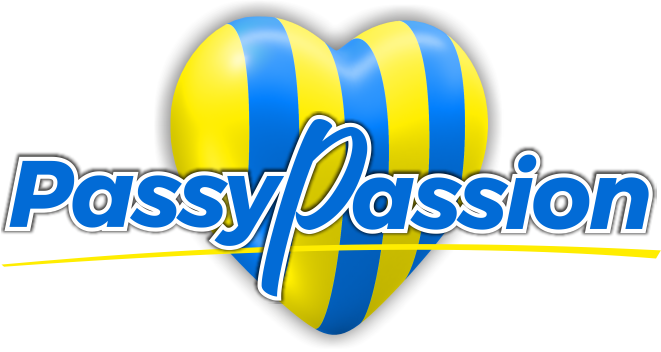how did president johnson profit from the vietnam war
Five days later, the Vietnam War ended in a peace treaty, signed in Paris, between America and North Vietnam. The V-C [Viet Cong] were difficult to dislodge. The communist raiders never got inside the main chancery building. Meanwhile, the situation on the ground inside Iraq has steadily deteriorated since the Presidents proclamation of the end of combat. A recent CIA analysis finds that ordinary Iraqis are fast losing hope that the Americans have come to help them. Is the Eurofighter Typhoon the Best Fighter? Comprised of figures from the business, scientific, academic, and diplomatic communities, as well as both Democrats and Republicans, these wise men came to Washington in July to meet with senior civilian and military officials, as well as with Johnson himself. Out of that process came Johnsons decision to expand the number of U.S. soldiers in Vietnam to eighty-two thousand. Download this story as a PDF. As a result, Johnsons popularity waned toward the end of 1967. In Iraq, the time table seems dramatically sped up. These people said it was a civil war. Johnson took Both Diem and Nhu were killed in the coup that brought a military junta to power in early November 1963, ending Americas reliance on its miracle man in Vietnam.4, Kennedys own assassination three weeks later laid the problems of Vietnam squarely on Johnsons desk. Did NOT Steal Social Security Funds While Johnson resumed the bombing and increased its intensity following the failure of MAYFLOWER, South Vietnam continued to suffer increasing strain from both political instability and pressure from Communists. Did Lyndon B. Johnson profit financially from the Vietnam War? Military commanders called it the construction miracle of the decade. (Jones Construction Centennial). I am not sure that the above answer is accurate but I can't From late April through June 1965, President Johnson spent more time dealing with the Dominican Crisis than any other issue.17 On the afternoon of 28 April 1965, while meeting with his senior national security advisers on the problem of Vietnam, Johnson was handed an urgent cable from the U.S. ambassador in Santo Domingo, W. Tapley Bennett Jr., warning that the conflict between rebels and the military-backed junta was about to get violent, especially now that the military had split into two factions, one of which was starting to arm the populace. The country was divided into North and South. President Johnson believed that the United States had to support South Vietnam. Operating under the code name Mr. He coupled that vision with rhetoric designed to highlight the administrations willingness to discuss, if not negotiate, aspects of the conflict in Southeast Asia. By 1 April, he had agreed to augment the 8 March deployment with two more Marine battalions; he also changed their role from that of static base security to active defense, and soon allowed preparatory work to go forward on plans for stationing many more troops in Vietnam. What U. S Companies Profited During The Vietnam War? WebWhen did the US first send combat troops to Vietnam? The North refused. Their mission was to protect an air base the Americans were using for a series of bombing raids they had recently conducted on North Vietnam, which had been supplying the insurgents with ever larger amounts of military aid. Just days before the vote, the U.S. air base at Bien Hoa was attacked by Communist guerrillas, killing four Americans, wounding scores of others, and destroying more than twenty-five aircraft. In fact, Johnson sought the counsel of ad hoc groups and advisers during the escalation of the war. Did lady bird Johnson have Vietnam business interest? Brown & Root also became a target for anti-war protesters: they called the firm the embodiment of the "military-industrial complex" and denounced it for building detention cells to hold Viet Cong prisoners in South Vietnam. Profits from the war helped fund Johnson's domestic anti-poverty programs. Robert F. Kennedy 1968 presidential campaign The administration hoped this would help get the North Vietnamese government to begin negotiations. Some also specifically criticized the way in which aid, both construction/military and economic, was being sent to Vietnam. Johnson Although State Department officials had maintained in October 1963 that that statistical evidence pointed not to success but to mounting troubles against the Vietcong, Pentagon officialsboth civilian and militaryhad rejected those arguments.

